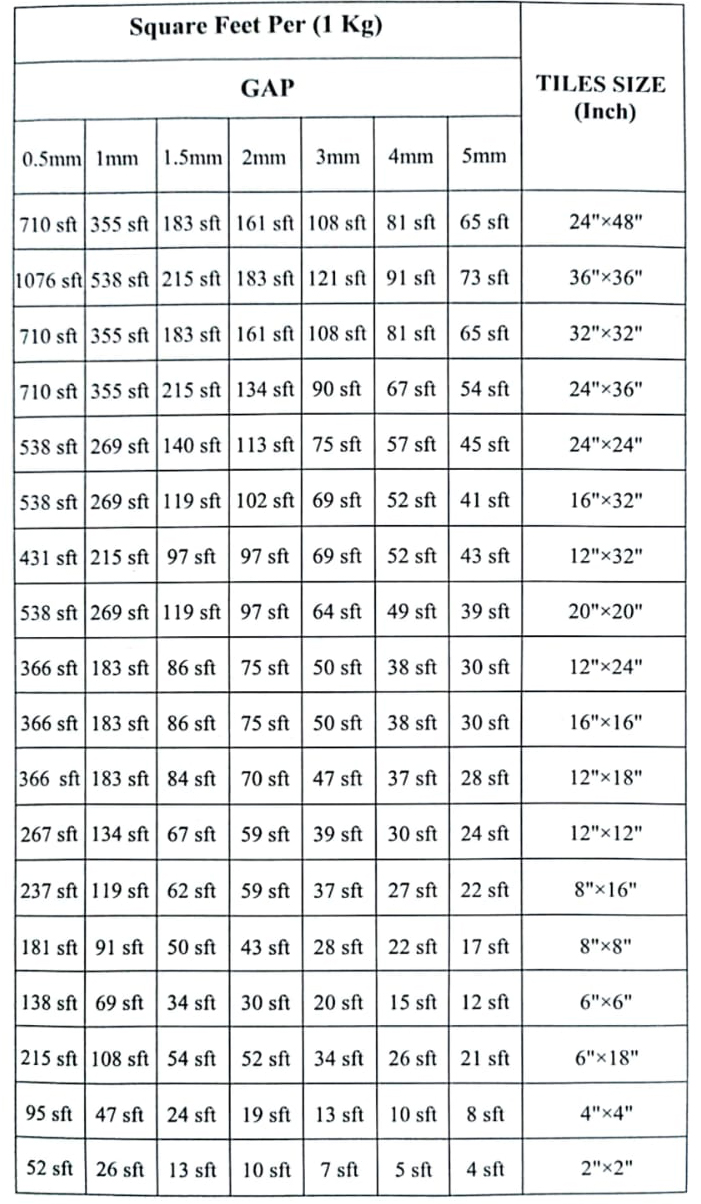About Us
Contact Us
- tel: 01712510040
- E-mail: info@egtilesgrout.com
- Address:House # 55, Sonargaon Janapath Road, Sector # 7 Uttara Model Town, Dhaka-1230, Bangladesh
Home > Products
















Porosity: Cement-based grouts are porous, making them prone to absorbing water and stains, which can lead to discoloration and mold growth.
Staining: Due to their porous nature, these grouts are more susceptible to staining, especially in areas with spills or high traffic.
Limited Colors: Cement grouts offer a limited range of colors compared to epoxy grouts, limiting design possibilities and aesthetic choices.
Cracking: Cement-based grouts may be prone to cracking over time, especially in areas with temperature fluctuations or structural movement.
Cleaning Challenges: It can be challenging to clean and maintain the appearance of cement grout due to its porosity and susceptibility to staining.
Weaker Adhesion: Cement grouts may have weaker adhesion properties, potentially leading to tile shifting or loosening over time.
Not Chemical Resistant: Unlike epoxy grouts, cement-based grouts are not as resistant to chemicals, making them less suitable for environments with exposure to harsh substances.

Durability: Epoxy grout is highly durable and resistant to wear, making it ideal for high-traffic areas.
Stain Resistance: Epoxy grout is non-porous, providing excellent resistance to stains and facilitating easy cleaning.
Chemical Resistance: It exhibits superior resistance to chemicals, making it suitable for environments with exposure to harsh substances.
Water Resistance: Inherently water-resistant, epoxy grout reduces the risk of water damage and mold growth.
Color Stability: Epoxy grout maintains its color over time, resisting fading and discoloration.
Adhesion Strength: Epoxy grout forms a strong bond between tiles, preventing shifting or cracking over time.
Low Porosity: With low porosity, epoxy grout is less susceptible to absorbing moisture, preventing mold and mildew growth and making it a hygienic choice.